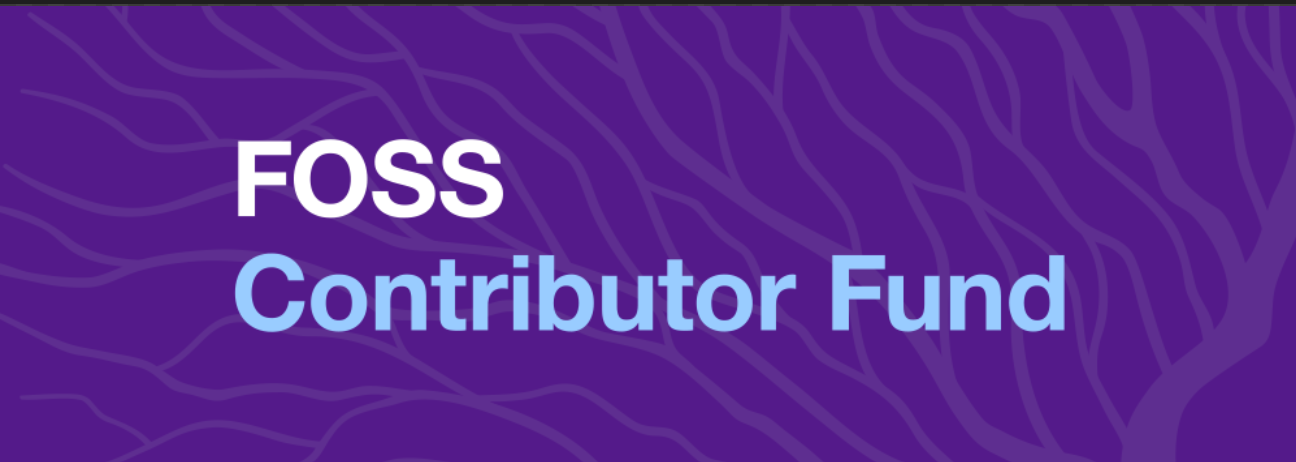Indeed FOSS Contributor Fund
New FOSS Fund Ebook Available: Investing in Open Source

Contents
- Introducing FOSS Contributor Fund
- Open Source Sustainability
- How a Fund Works
- Getting Started with Your FOSS Fund
Introducing FOSS Contributor Fund
Indeed’s program for financially supporting free and open source software (FOSS) projects
The FOSS Contributor Fund is a program framework that organizations can use to subsidize FOSS projects. The program puts sponsorship decisions in the hands of employees who are active in the open source community. We created this framework to encourage open source participation and help companies take an active role in sustaining projects.
Open Source Sustainability
Most of the web wouldn’t work without the open source community.
A company’s core technology typically relies on numerous open source dependencies, developed and maintained by many more developers. These are usually volunteer efforts.
Indeed’s Open Source Program Office committed to helping sustain the projects we depend on. We’re committed financially and by encouraging our internal community to contribute to the projects they use. The FOSS Contributor Fund is a great way to marry the two. We gave our open source contributors a voice in the process and are enjoying these benefits: broad contribution activity, increased visibility into a wider range of projects, and a great list of projects we can use to onboard new contributors.
How a Fund Works
A FOSS Contributor Fund runs for one year. At the beginning of the year, you define the total amount your organization will donate to open source projects. At Indeed, we run the fund quarterly, awarding three grants per quarter. The elected project receives 1/12th of the year’s total fund. Anyone in the organization who makes an open source contribution in the same quarter as the election can vote.
Project Nominations
Anyone in your organization can nominate a project. We recommend the following requirements to ensure that your fund will be successful:
-
Your organization (or one of its subsidiaries) must use the project.
Requiring that projects are in use aligns donations with business interests. - The project must use a license approved by the Open Source Initiative (OSI).
Because the goal of OSI is to support the developers of free and open source software, an approved license is essential. Some alternatives include:- Licenses endorsed by the Free Software Foundation
- Licenses that meet the Debian Free Software Guidelines
- Licenses on the Fedora Software License List
- The project must have some mechanism for receiving funds.
These are some examples of funding methods:- Open Collective
- Patreon
- PayPal
- GitHub Sponsors
- An umbrella foundation, such as Software Freedom Conservancy
- The owner of the project can’t be an employee of your organization (or any of its subsidiaries).
This helps prevent legal, ethical, or financial complications.
Who Can Vote?
To be eligible to vote on which projects will be selected, Indeed employees need to participate in open source initiatives during the previous quarter. We recommend using Starfish, our open source tool that identifies eligible voters. Starfish bases voter eligibility on pull requests, issues, and comments.
Code and documentation aren’t the only ways employees can contribute to open source projects. For example, they might organize a meetup or volunteer at an event. We recommend that you give voting privileges to these uncounted contributors.
Collecting and Counting Votes
We recommend a transparent voting process. There are many internet voting tools, such as integrated Slack polls and DirectPoll.
Getting Started with Your FOSS Fund
Visit our FOSS Contributor Fund repository on GitHub for helpful resources.